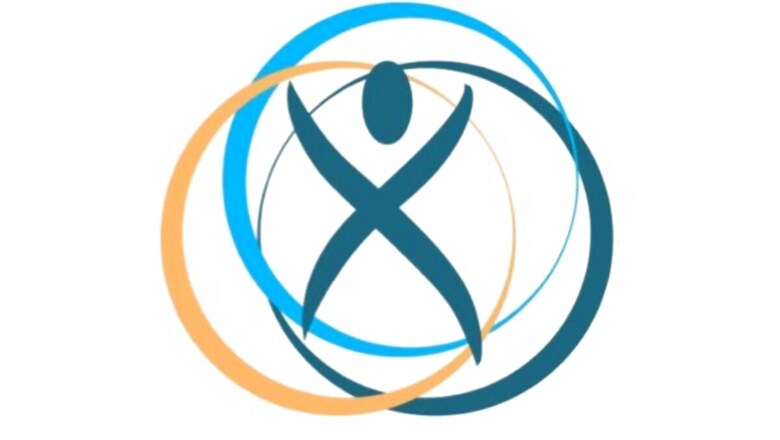
views
Verified health-related information is the strongest armour anyone can have to protect themselves and their families from the slew of new diseases we hear about during the Covid-19 pandemic. However, in the deluge of pandemic related news, conversations about many rare diseases have come to a halt, leaving the families coping with such disorders vulnerable and isolated.
One such rare disorder that needs urgent conversation, especially in the public domain, is the Fragile X syndrome (FXS). For those of you who are hearing about it for the first time, it is a rare inherited condition that causes intellectual disability and autism in children.
Recently, in an awareness post on Instagram, actor Boman Irani explained why parents should be more aware of the Fragile X syndrome (FXS). “Nearly four lakh children in India alone are affected by this syndrome,” he explained and urged his followers to start a conversation about this disorder.
In an interview with News18, Shalini Kedia, the founder of the Fragile X Society India, “One in five thousand individuals worldwide are affected by Fragile X Syndrome. FXS primarily affects children and can lead to delayed speech, delayed development, Sensory processing disorders, problems in motor skills and hyperactivity.” Fragile X Society, which Kedia founded, is a network of parents and doctors that spread awareness about this disorder and help parents navigate through this disorder.
Also Read — Decoding Long Covid: An Oncologist Explains How Persisting Covid Symptoms Delay Cancer Care
“This disorder is most commonly inherited, and a single gene is the cause for this intellectual disability and autism. It is caused when the FMR1 (fragile X mental retardation 1) gene located on the X chromosome, which mutates beyond 200 repeats and shuts down. The FMR1 gene produces FMRP (fragile X mental retardation protein), which is essential for brain development. The lack of the FMR protein (FMRP) in the brain leads to FXS (Fragile X syndrome),” explained Kedia.
Despite the widespread nature of the syndrome in India, awareness about this disorder is extremely low. “We are the only organisation working for this cause in India. We hold workshops, seminars, conferences and have published guidelines with the help of the Indian Academy of Paediatrics, which help parents identify this disorder,” said Kedia.
Kedia also said that they have sent out messages to 76,000 IVF specialists to discuss the connection between infertility and Fragile X as part of their awareness in July 2020.
“There are many children who remain undiagnosed and untreated for FXS. There are also millions of carriers of this specific genetic premutation who are at risk of having children with this condition and/or are themselves affected by Fragile X associated disorders, which had gone undiagnosed. Therefore, these factors should be taken into account when someone is interested in using a donor’s sperm,” Kedia pointed out.
Kedia said that there are differences between autism and FXS. However, unfortunately, both these disorders generally go unidentified in India, especially in a low-income household.
“A mother came to me and told me that her child has autism but liked making social contact. Later, a therapist told her that there is a possibility her child has FXS, and they should get him tested. Unfortunately, the results came back positive,” recalled Kedia.
Fragile X and autism need different treatments, too, because FXS has a few different traits. “While FXS is not curable, an early intervention makes a huge difference in the life of the family and the future of the child,” said Kedia.
Symptoms of FXS can be treated using physiotherapy, speech therapy, occupational therapy, special education, and anti-anxiety medications. “We have a home programme for families who have children with FXS. We teach them tips and techniques to communicate with their child better by being more gentle and less direct in conversation,” said Kedia.
She said that the best way to create awareness about this syndrome is to get the media, medical journals and eminent personalities to talk about this disorder. “More families should share their stories. I want families to know the science that explains this condition and I want to free this disorder from any stigma because often mothers are blamed for children’s intellectual disorders,” she pointed out.
The positive news about the disorder is that many drug trials are currently going on for FXS. While they do sound promising, Kedia says that families get swayed with any positive development that stops them from focusing on what’s in front of them. She noted that medical trials go through various phases, and before getting excited about it, we need to assess their side effects and reactions.
World Fragile X Day is celebrated every year on July 22.
Read all the Latest News, Breaking News and Coronavirus News here.


















Comments
0 comment